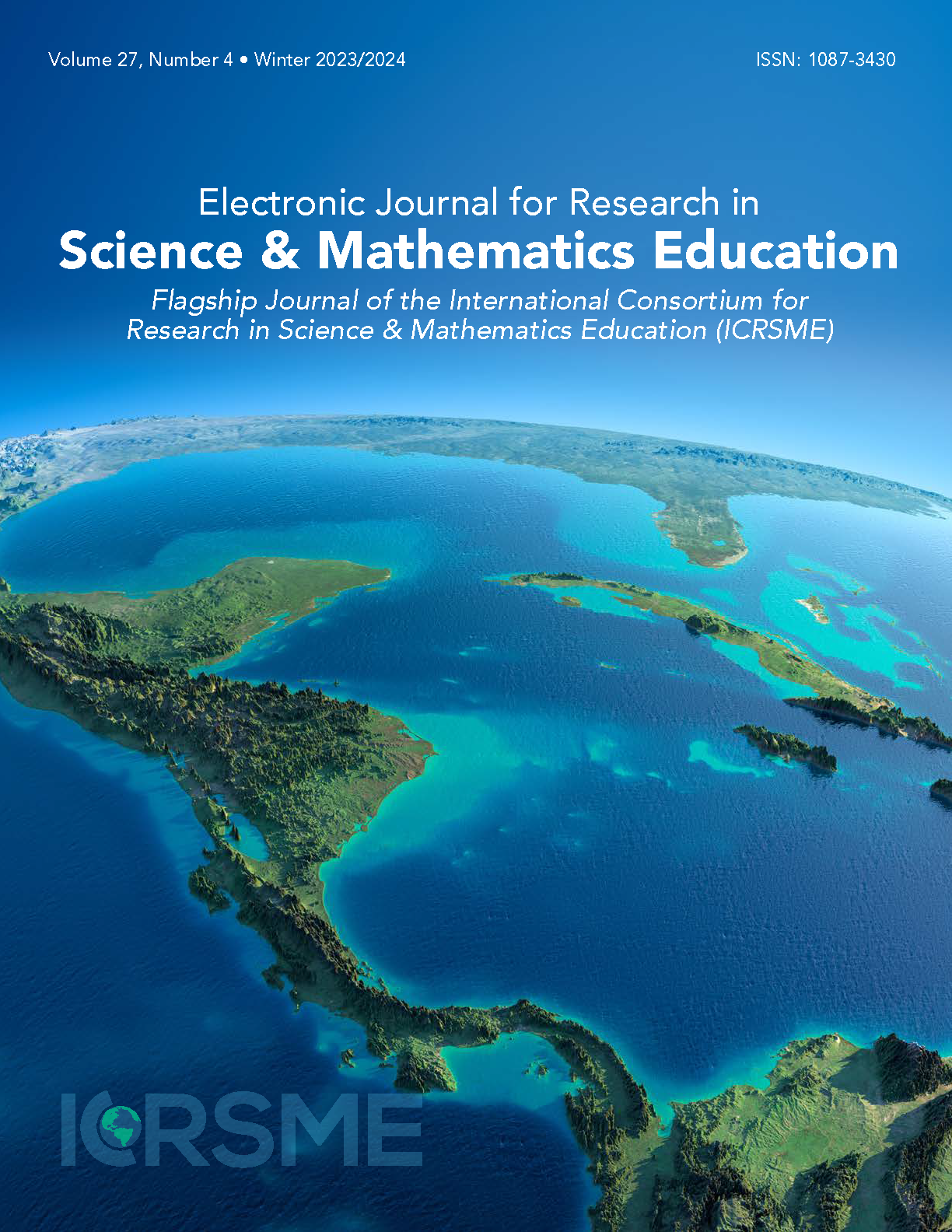How the Perception of the Inclusiveness of the Learning Environment Predicts Female and Male Students’ Physics Self-efficacy, Interest, and Identity in an Introductory Course for Bioscience Majors
Main Article Content
Abstract
Students' physics self-efficacy, interest, and identity in introductory courses can influence their outcomes in that course as well as their future career aspirations. A lot of work has focused on the role these motivational beliefs play in students’ outcomes without attention to the role the perception of the inclusiveness of the learning environment plays in shaping these beliefs. This study used a validated survey instrument to probe the motivational outcomes of 873 students at the end of a two-semester mandatory introductory physics course primarily for bioscience majors, in which women make up 62% of the class. We investigated how the perception of the inclusiveness of the learning environment (perceived recognition, peer interaction, and belonging) predicts male and female students’ motivational outcomes, including their physics self-efficacy, interest, and identity. We found that these motivational beliefs were lower for women and the perception of the inclusiveness of the learning environment plays a major role in explaining these motivational outcomes. These findings can be useful to provide support and to create an equitable and inclusive learning environment to help all students excel in algebra-based physics courses for bioscience majors.
Article Details
© 2025 Electronic Journal for Research in Science & Mathematics Education (EJRSME)
